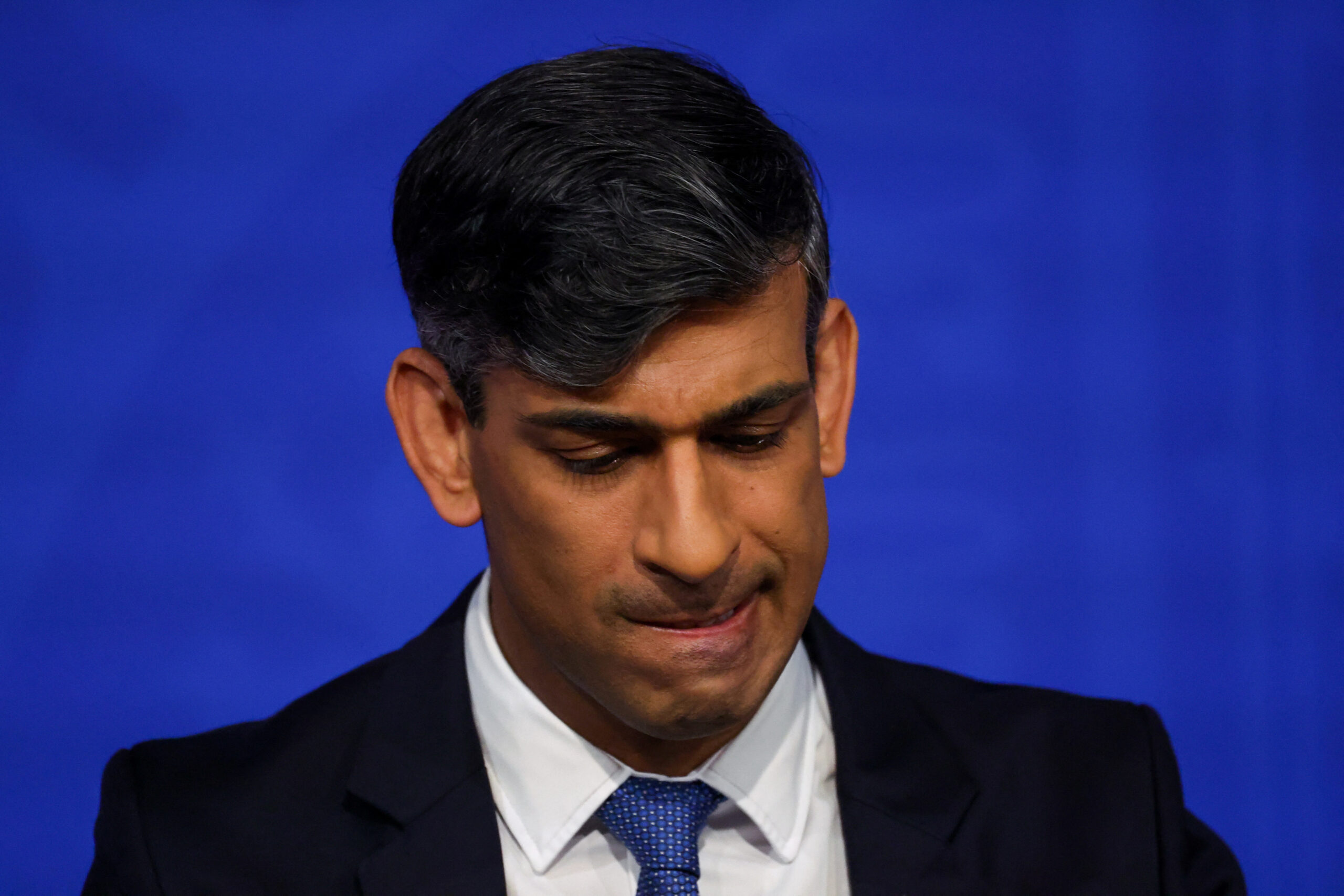On Monday, British Prime Minister Rishi Sunak promised to start sending asylum seekers to Rwanda within 10 to 12 weeks. He told the upper house of parliament that he would make sure the new law happens, even if some people disagree with it. Sunak said the government has already arranged flights and trained staff to take migrants to Rwanda. He hopes this plan will help his Conservative Party do better in the upcoming election later this year.
“No ifs, no buts. These flights are going to Rwanda,” Sunak told a press conference.
Tens of thousands of migrants – many fleeing wars and poverty in Asia, the Middle East and Africa – have reached Britain in recent years, mostly by crossing the English Channel in small boats on risky journeys organised by people-smuggling gangs.
Stopping the flow is a prime goal for the Conservative government, but critics say the plan to deport people to Rwanda is inhumane and that the East African country is not a safe place.
The move has been held up repeatedly by the House of Lords and it could face further legal challenges if it passes parliament. The legislation is due to return on Monday to the House of Commons – the lower house of parliament – where lawmakers are expected to remove changes proposed by the Lords.
Sunak, whose party trails Labour in the polls, said an airfield was on standby and slots were booked for flights. Five hundred staff had been trained and were ready to escort migrants “all the way to Rwanda”.
“We are ready. Plans are in place. And these flights will go come what may,” he said.
Under the policy formulated two years ago, any asylum seeker who arrives illegally in Britain will be sent to Rwanda in what the government says will deter Channel crossings and smash the people smugglers’ business model.
Sunak’s team is optimistic that the pre-election promise will boost his electoral prospects, especially among undecided Conservative voters who seek a decrease in immigration. Surveys indicate that his Conservative Party is expected to fare poorly in the upcoming election against Labour, which has vowed to eliminate the scheme if it assumes power. Despite Sunak’s efforts to prevent the House of Lords from obstructing the legislation, he might encounter legal obstacles.
Charities and rights groups say they would try to stop individual deportations and the trade union which represents border force staff is promising to argue the new legislation was unlawful “within days” of the first asylum seekers being informed they will be sent to Rwanda.
With Inputs From Reuters
Research Associate at StratNewsGlobal, A keen observer of #China and Foreign Affairs. Writer, Weibo Trends, Analyst.
Twitter: @resham_sng





